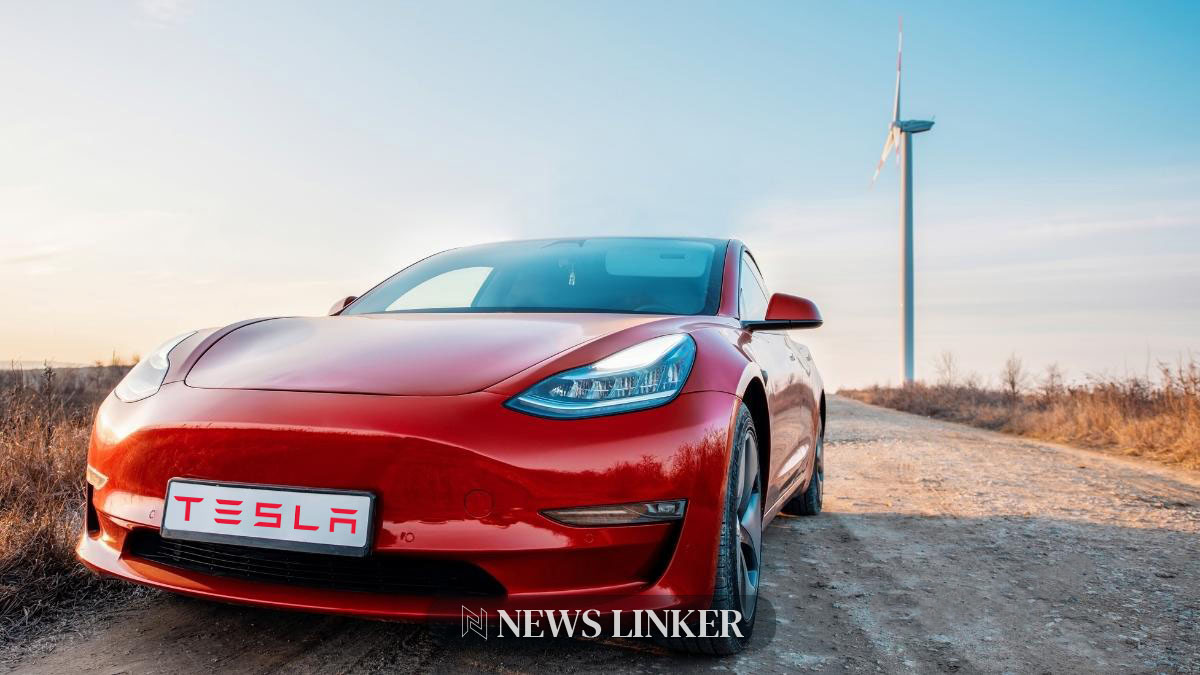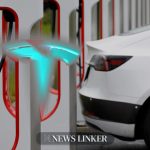As one of the most anticipated moves in the automotive sector, Tesla‘s potential entry into the Indian market has consistently made headlines. Recently, CEO Elon Musk’s planned trip to India was postponed due to pressing obligations at Tesla, stirring speculation and disappointment. Despite the setback, there is strong belief among market analysts and Indian officials that Tesla’s debut in India remains on the horizon, driven by the country’s growing importance as both a manufacturing hub and a vast consumer market for electric vehicles.
What Led to Musk’s Trip Cancellation?
Elon Musk’s cancellation of his India trip was a result of the need to attend to urgent Tesla responsibilities, particularly the Q1 earnings call, which was closely followed by a significant 13% rise in Tesla’s stock. This development underscores the importance of timing and corporate priorities in international expansions.
How Has India Prepared for Tesla?
In anticipation of Tesla and other multinational corporations, India has ramped up efforts to enhance its attractiveness as an investment destination. Finance Minister Nirmala Sitharaman emphasized the strategic shift in policy to make India more appealing, especially given the growing apprehensions about China among global industries. These efforts signal India’s readiness to welcome Tesla, irrespective of other external economic conditions.
What Does This Mean for Tesla’s Strategy?
Despite the unpredicted delay, Tesla’s interest in establishing a base in India aligns with its strategic objectives to tap into one of the fastest-growing markets. Analysts like Suraj Ghosh have noted that Tesla’s eventual establishment in India is inevitable, pointing to the country’s potential as a key player in the electric vehicle industry.
Looking into the broader context of Tesla’s global market strategies, a recent article from The Guardian titled “Tesla’s Expansion Strategy: A Global View” highlights the company’s aggressive approach to international markets, mirroring the same intent as seen with India. Additionally, a Forbes article “Economic Climates and EV Expansion: Tesla’s Global Roadmap” discusses how economic shifts significantly influence Tesla’s decisions on new market entries, providing a parallel to the current situation in India.
Furthermore, a scientific perspective is provided in the Journal of Electric Vehicles, where the article “Market Dynamics and the Expansion of Electric Vehicle Companies” delves into the analytical aspects of why companies like Tesla choose emerging markets and the potential challenges they face. This scientific backing enriches understanding of Tesla’s operational strategies and market considerations.
Key Inferences from Tesla’s Strategy
- India’s policy adaptations are pivotal in attracting Tesla.
- Corporate scheduling conflicts influence market entry timelines.
- Long-term market potential outweighs temporary setbacks.
Tesla’s foray into the Indian market is a multifaceted issue that hinges not only on corporate strategies and economic conditions but also on geopolitical and policy frameworks. India’s proactive adjustments in policy to court companies like Tesla reflect an acute awareness of the economic ripple effects that such a move could promise. Simultaneously, Tesla’s careful orchestration of its market entries showcases a strategic patience that aligns with its global expansion goals. As Tesla charts its course, the eventual entry into India will likely be a landmark event, signaling not just a new market chapter for Tesla, but also a significant shift in global electric vehicle dynamics.










